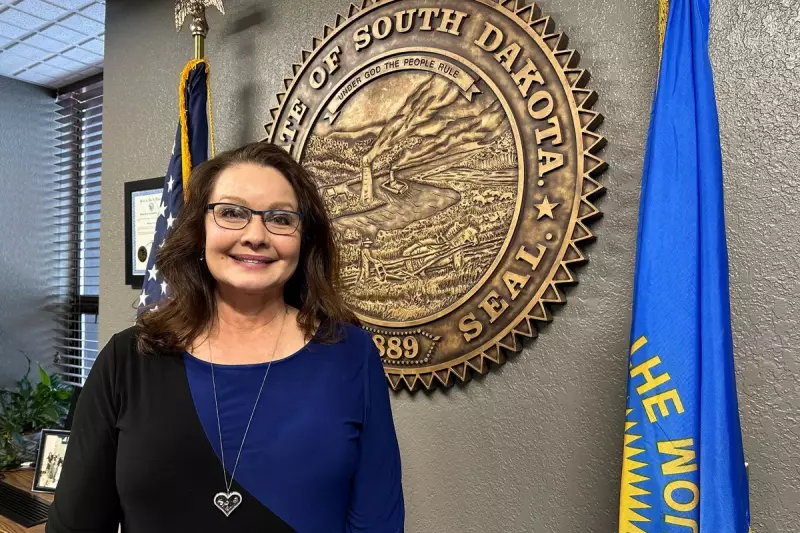
South Dakota is embroiled in a legal dispute over new voting regulations that critics argue disproportionately affect Native American communities. The American Civil Liberties Union (ACLU) has filed a lawsuit against the state, alleging that recent changes to voting laws create unnecessary barriers for Indigenous voters.
Legal Challenge Mounts Against Voting Restrictions
The lawsuit, filed in federal court, targets legislation passed earlier this year that imposes stricter identification requirements and limits on ballot collection services. Native American advocacy groups claim these measures will make it significantly harder for tribal members to participate in elections.
Impact on Tribal Communities
"These laws are a direct attack on Native voting rights," said a spokesperson for the Sioux Falls-based advocacy group. "Many tribal members lack traditional street addresses and rely on community ballot collection services, which these new restrictions effectively eliminate."
State Officials Defend Election Integrity Measures
South Dakota's Secretary of State has defended the legislation as necessary to prevent voter fraud and maintain election security. "We're simply ensuring all voters follow the same identification procedures," the official stated.
However, civil rights organizations counter that there's no evidence of widespread voter fraud in South Dakota, and that the new laws serve only to disenfranchise marginalized communities.
Historical Context of Voting Rights Struggles
This isn't the first time South Dakota has faced legal challenges over voting access. The state has a long history of litigation concerning Native American voting rights, with previous cases addressing issues like polling place locations and language assistance.
The ACLU argues that the current laws violate both the Voting Rights Act and the U.S. Constitution by creating unequal access to the ballot box based on race and geographic location.
What Happens Next?
The case is expected to move quickly through the courts, with potential implications for upcoming elections. Legal experts suggest the outcome could set important precedents for voting rights cases nationwide.
Meanwhile, tribal organizations are mobilizing voter education campaigns to help community members navigate the new requirements should they remain in effect.





